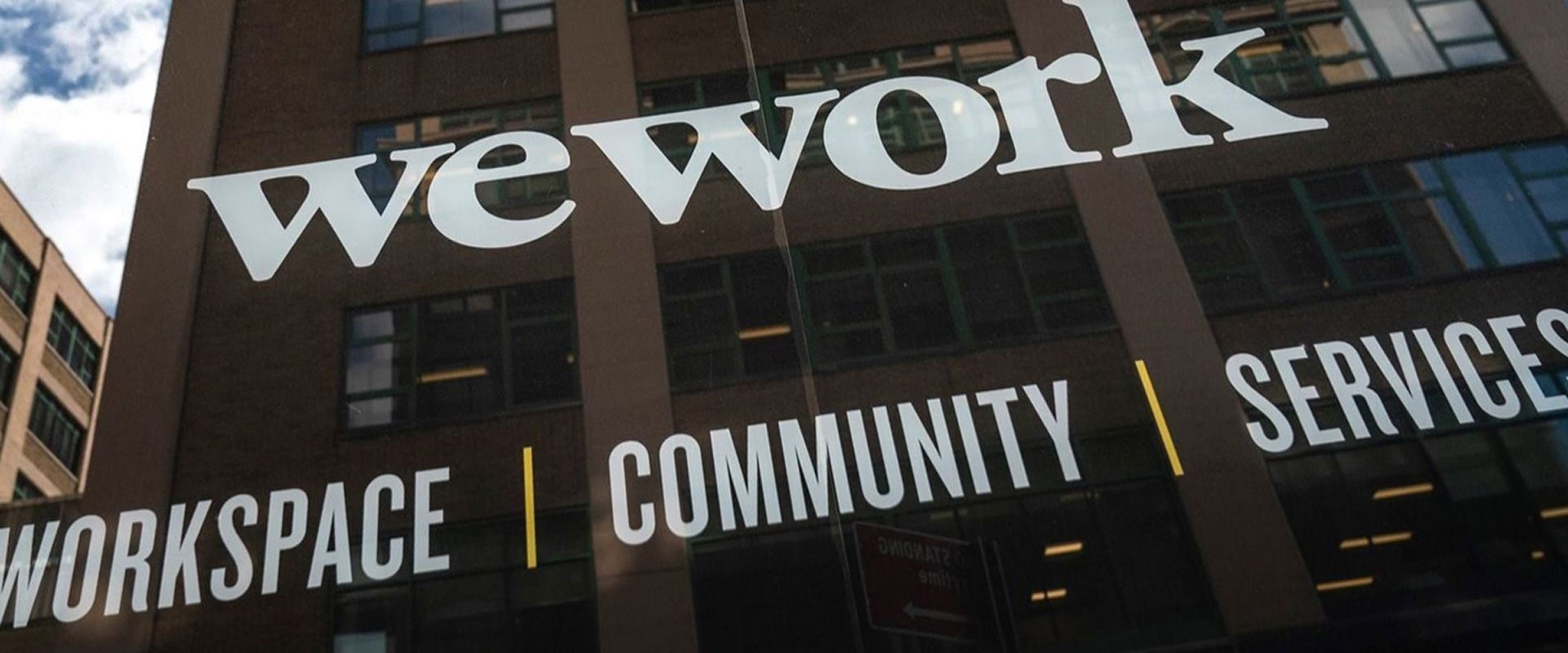I find the ups and downs of the new breed of digital and technology companies, the ‘disruptors’ and the ‘unicorns’, absolutely fascinating. The business model is to invest billions to gain market share and build users quickly with the aim of turning big profits in the future an approach that’s paid off more than handsomely for the likes of Facebook and Amazon. This is something of a ‘big dipper’ roller coaster ride of course, with the initial downwards spiral sometimes going stomach-churningly low before then shooting skywards. Hopefully.
Twitter, for example, has been on that journey having made cumulative losses since it floated of $2.2 Billion. It is now in however profit making over $300M in 2018 on revenues of nearly $1B and its share price is consequently climbing upwards. Snapchat’s share price is also heading in the right direction, whilst the business has never actually made a profit its quarterly losses narrowed to only $255M. I say ‘only’ because, whilst $255 Million is a lot of money, it’s been losing a billion dollars a year. Critically, users are rising which is pushing up the share price, even if this is still about half its peak of $29.
Some other high profile tech names are still hurtling on the downwards trajectory though. A couple of these at an alarming rate such as the taxi industry ‘disruptor’ Uber which made a staggering $5.3 Billion loss in the second quarter of 2019. Yes, that’s in one quarter - three months - on sales of just over $3 Billion. Disconcertingly for investors growth is also slower than anticipated.
Then there’s Wework, the favoured workplace of many digital businesses and consultants because its offices provide very swanky accommodation on a very flexible basis with short-term lets, by the month hot desking facilities and by the hour meeting rooms. There are four or five Wework offices in Manchester and I’ve had the occasional meeting in a few of them. I have to say they’re very nice environments with lots break-out areas full of Scandinavian style blonde furniture, tall tables, stools, coffee bars, table tennis or pool tables and of course plenty of trendy hipster beards.
Whilst Wework is always named alongside the new breed of digital businesses, and feels firmly of the digital sector, it isn’t really a technology business at all despite a funky app to book rooms. It’s actually a property development company, more accurately a property refurbishment company with a business model that’s starting to look decidedly flawed. Wework has signed up lots of long term leases on lots of premium office space in lots of prime locations - in other words expensive offices. Then it refurbishes them to a very high and often achingly cool standard and then tries to fill them with lots of small tenants, rather than the usual property developers approach of providing ideally large space for tenants to refurbish themselves within long leases. Obviously there’s a potential per foot premium for this kind of serviced and high quality space, but the tenants are often transient coming and going more or less at will. And this approach has led to some staggering losses most recently a $1.9 Billion loss on a turnover of $1.8 Billion leading to a decision to pull its planned $47 Billion flotation.
The fallout from these losses and the failed IPO has seen Wework’s entrepreneurial founder, Adam Neuman, forced out as CEO with stories emerging about arrogant behaviour, abuses and excesses. He has allegedly taken $700 Million out of the business and spent $60 Million on a corporate jet, used primarily to stash his marijuana apparently. I’m not sure if it’s a coincidence, but there were similar kinds of controversies after the departure of Uber’s ‘charismatic’ CEO Travis Kalanick in 2017. Who’d have thought geeks would behave like wannabe rockstars? Of course these top guys can console themselves with their millions or even billions of dollars, despite not actually making any profits. Not so the 5000 Wework staff who are expected to lose their jobs or the hundreds of jobs Uber’s been cutting.

